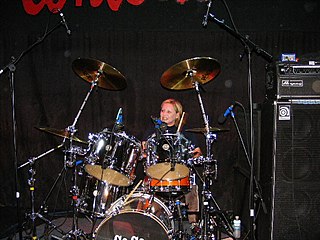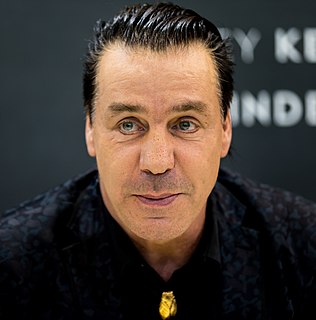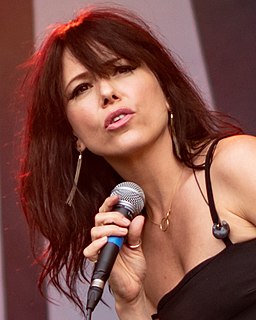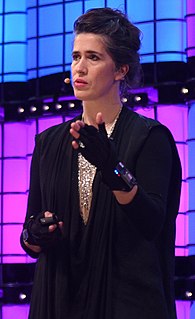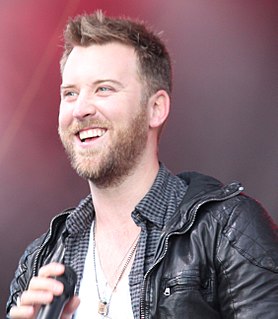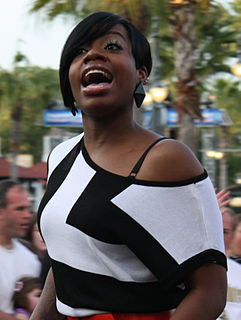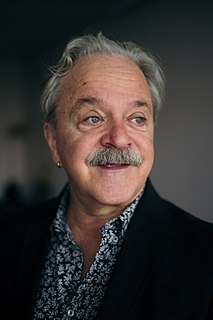A Quote by Gina Schock
I mean, all the record companies said no, you know, say 10 record companies, whatever. But one said yes, and it took only one to make The Go-Go's happened.
Related Quotes
I think bands will actually make more money without record companies; a much bigger share of the money will go to the bands. You won't have record shops taking 40 percent of the money. You won't have record labels taking 40 percent of the money. So they don't have to sell as many albums as they used to in the past. So it's not necessarily a bad thing if record companies disappear.
Luther Vandross was doing fine, but he said, "Man, I want to do my own project." So he got us all to do a demo, and that demo was "Never Too Much." It took him a year and a half to get signed, because he didn't have a gimmick. The record companies were looking for his gimmick. They said, "What's your gimmick?" He said, "I sing. That's my gimmick." Anyway, he finally got signed and the record was released, and the rest was history.
Rap music and rap records used to always be like this: we get one or two shots to a piece cause it was a singles marketplace and when the major record companies saw that it could also handle the sales of the albums then they started to force everybody to expand their topics from 1 to about 10 and you gotta deliver 12 songs, so a lot of times if you took a person who wasn't really developed, and the diversity of trying say 12 different things, you know the companies were like "Cool! Say the same thing 12 different ways."
I had to be on the set for 'Who Framed Roger Rabbit' because my character was interacting with Bob Hoskins. It's a lot of 'hurry up and wait.' So there I was, at 2 a.m., sitting in a trailer at Griffith Park trying to stay awake. And I said to myself, 'This stinks.' The way I do it is better. I go into the studio about 10 a.m. There's no makeup to worry about. I can wear whatever I want. As soon I get there, I'm good to go. I record my stuff and go home.
We drank quite a lot and Tony Harrington said, "We're thinking of starting a record label at The Wire; how about you do a solo record?" I said, "Well, how am I going to do that?" I thought about it, and I'd been working on a lot of music in the years before, and I was working as a journalist, full time, really, up until that point; in whatever little spare time I had, I was working on music. So I said yes.
